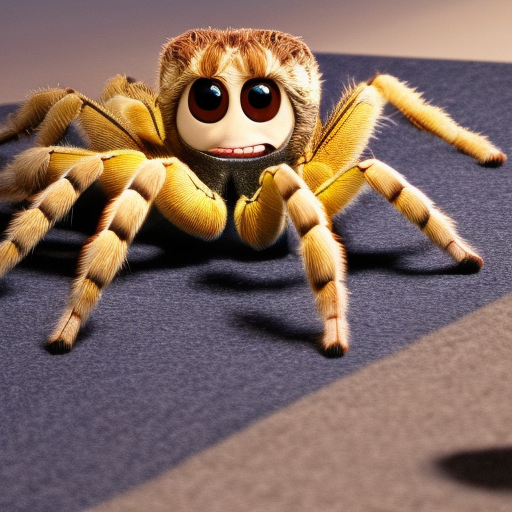Can disinfectant spray kill bed bugs
As you lay in bed, trying to fall asleep, you can’t shake the feeling that something is crawling on your skin. You flip on the light and see tiny red bugs scurrying across your sheets. Bed bugs. Just the thought of them is enough to make your skin crawl.
You quickly jump out of bed and start frantically searching for a solution. You remember seeing a can of disinfectant spray in the cleaning supply closet and wonder: can disinfectant spray kill bed bugs?
In this blog post, we’ll explore the effectiveness of disinfectant spray as a bed bug treatment and provide some tips on how to properly use it (if necessary).
What are bed bugs?
Before we dive into the topic of disinfectant spray, it’s important to understand what bed bugs are and how they operate.
Bed bugs are small, oval-shaped insects that feed on the blood of humans and animals. They are reddish-brown in color and are about the size of an apple seed. They are usually active at night and are attracted to the warmth and carbon dioxide produced by sleeping humans.
Bed bugs are expert hitchhikers and can easily be transported from one location to another through luggage, clothing, and even used furniture. They can hide in cracks and crevices in walls, floors, and furniture, making them difficult to spot and eliminate.
Can disinfectant spray kill bed bugs?
Now that we have a basic understanding of bed bugs, let’s answer the main question: can disinfectant spray kill bed bugs?
The short answer is yes, disinfectant spray can kill bed bugs. Disinfectant spray contains chemicals that are designed to kill a wide range of bacteria and viruses, and bed bugs are no exception.
However, it’s important to note that disinfectant spray is not a standalone solution for bed bug infestations. While it may kill some bed bugs on contact, it’s unlikely to eliminate an entire infestation on its own.
Bed bugs have a tough exoskeleton and can withstand exposure to many common household chemicals. Additionally, they are excellent at hiding in small crevices and cracks, making it difficult to reach them with disinfectant spray.
How to use disinfectant spray for bed bug control
If you do decide to use disinfectant spray as part of your bed bug control strategy, there are a few things you should keep in mind to ensure maximum effectiveness.
First and foremost, it’s important to choose a disinfectant spray that is specifically designed to kill bed bugs. Some disinfectant sprays may not be effective against bed bugs, so be sure to read the label carefully before purchasing.
Once you have your disinfectant spray, follow these steps to use it effectively:
- Clean and declutter the affected area. Before you start spraying, make sure to remove any clutter or items that may be harboring bed bugs. This will give the disinfectant spray better access to the pests.
- Spray the disinfectant directly on the bed bugs and their hiding spots. Be sure to pay special attention to areas where bed bugs are commonly found, such as around the edges of the bed, behind the headboard, and in the seams of the mattress.
- Allow the disinfectant to dry completely before using the affected area again. This will give the chemicals time to work and kill any remaining bed bugs.
- Repeat the process as needed. Disinfectant spray is most effective when used in conjunction with other bed bug control methods, such as heat treatment or professional extermination.
Alternative bed bug control methods
While disinfectant spray can be a useful tool in the fight against bed bugs, it’s important to remember that it should not be relied upon as the sole method of control. Here are a few alternative methods that may be more effective in eliminating a bed bug infestation:
Heat treatment
Bed bugs are sensitive to heat and can be killed when exposed to temperatures above 120°F (49°C) for a sustained period of time. Heat treatment involves using specialized equipment to raise the temperature of an infested area to a level that is lethal to bed bugs. This method is often used by professional pest control companies and can be an effective way to eliminate bed bugs in a single treatment.
Chemical treatment
There are several chemicals that are effective at killing bed bugs, including pyrethrin and pyrethroids. These chemicals can be applied as a spray or dust and are typically used in conjunction with other control methods. It’s important to follow the label instructions carefully when using chemical treatments and to take precautions to avoid exposing yourself or others to the chemicals.
Professional extermination
If you’re struggling to eliminate a bed bug infestation on your own, it may be time to call in the professionals. Pest control companies have the expertise and specialized equipment needed to effectively eliminate bed bug infestations. While professional extermination can be costly, it may be worth the investment if you’re unable to get rid of the bed bugs on your own.
Conclusion
In conclusion, disinfectant spray can be an effective tool in the fight against bed bugs, but it should not be relied upon as the sole method of control. By using a combination of control methods, including heat treatment, chemical treatment, and professional extermination, you can successfully eliminate a bed bug infestation and get back to a peaceful night’s sleep.






